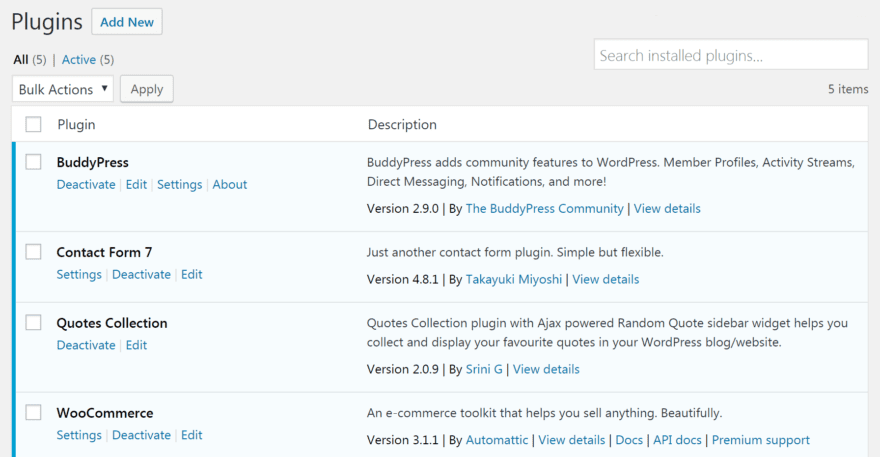

Since then, Matt Mullenweg has largely become the face of WordPress. But if we were to trace WordPress’ origins back to its roots, its original creation was a collaboration between Matt Mullenweg and Mike Little. WordPress is open-source software, so nowadays it’s made by a huge community of contributors. WordPress was created as a standalone project all the way back in 2003, originating as an offshoot of a previous project called b2/cafelog. Who Made WordPress And How Long Has It Been Around? If you want to truly own your website, self-hosted is almost always the best option.Īll you need to do to get started with self-hosted WordPress is a WordPress hosting service and a domain name. Most of the time, when people say “WordPress”, they mean the self-hosted WordPress available at. It’s simple to use, but you lose much of the flexibility of the self-hosted WordPress. is a for-profit, paid service that is powered by the software.
#How to use wordpress install#

We’ve covered the difference between and in a lot more detail, but here’s the short version:

What’s The Difference Between and ? The self-hosted homepage Check Out Our Video Guide to WordPress Themes …pretty much anything else you can dream up.Nowadays, thanks to changes to the core code, as well as WordPress’ massive ecosystem of plugins and themes, you can create any type of website with WordPress.įor example, not only does WordPress power a huge number of business sites and blogs, it’s also the most popular way to create an eCommerce store as well! With WordPress, you can create: That hasn’t been true for a long time, though. Many years ago, WordPress was primarily a tool to create a blog, rather than more traditional websites. 😉 Click to Tweet What Kinds Of Websites Can WordPress Make? What is #WordPress? Simply put, it's the best way to build a website. The end result is that WordPress makes building a website accessible to anyone – even people who aren’t developers. A content management system is basically a tool that makes it easy to manage important aspects of your website – like content – without needing to know anything about programming. On a slightly more technical level, WordPress is an open-source content management system licensed under GPLv2, which means that anyone can use or modify the WordPress software for free. Yes – more than one in four websites that you visit are likely powered by WordPress. At its core, WordPress is the simplest, most popular way to create your own website or blog. In fact, WordPress powers over 43.3% of all the websites on the Internet.


 0 kommentar(er)
0 kommentar(er)
